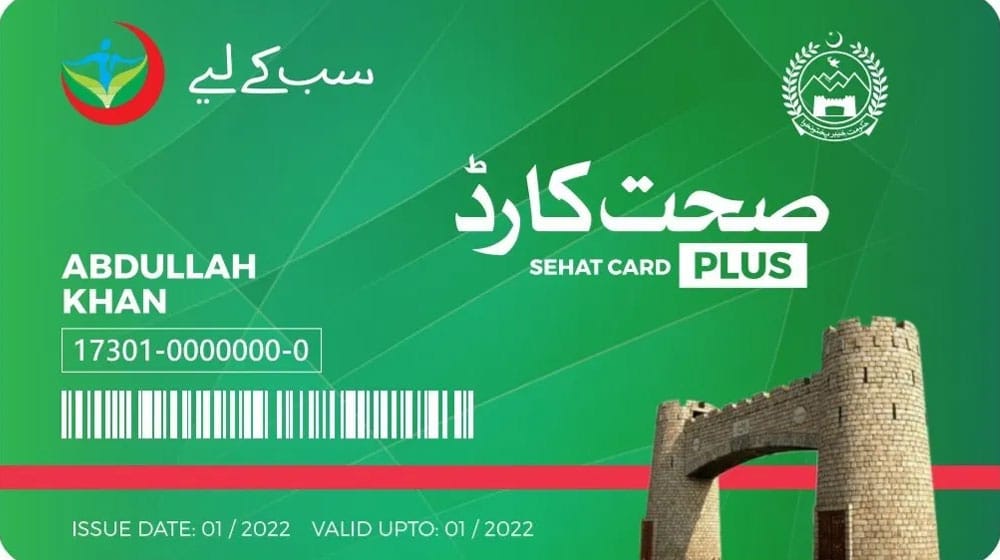- Web Desk
- Feb 19, 2026
Sehat Card programme extended amid contract delays and changes
-

- Web Desk
- Jan 04, 2025

ISLAMABAD: The Sehat Card programme has had its contract extended until December, with the “State Life Insurance” tasked with managing the programme until June 2025.
The Sehat Card initiative was launched to provide health insurance for low-income families across the country. It was designed to improve healthcare and medical access for economically disadvantaged families and groups.
Read more: Khyber Pakhtunkhwa government to abolish doctors per centage in Sehat Card
However, beneficiaries are still required to cover over 50 per cent of their medical costs. This has raised concerns about the affordability of the programme.
The government is currently experiencing delays in the renewal of the Sehat Card contract, creating uncertainty for those reliant on the programme.
In a bid to improve the neglected programme, the movement invited private insurance companies to join the Sehat Card programme.
The strategy seeks to broaden the range of insurance options available to the users and improve the quality of healthcare services.
While the government claims incorporating private insurers will help to foster a more ‘competitive’ landscape that could supposedly lead to better service delivery and ‘improved’ health outcomes, many voice concern about privatising healthcare to insurance companies.
Most common issues raised regarding healthcare privatisation include access to basic medical care. Privatisation can and does result in unequal access to healthcare services, with those who can afford higher packages and deals receiving better care while low-income families often struggle to access even basic services.
After some time, insurance companies increase costs, often prioritising profit over patient care. This can lead to higher costs for packages, and even out-of-pocket costs for the patients.
Private insurers are at the end of the day, private (usually) for-profit companies. The focus on profit can lead to cost-cutting initiatives that compromise the quality of medical care.
A privatised medical system can create a complex web of bureaucratic hurdles, leading to confusion for patients. This is especially cumbersome for a country where less than 60 per cent of the population is illiterate.
Read more: 15 doctors suspended over refusal of medicine under Sehat Card scheme
Most concerning, a problem facing the United States even currently, insurance companies have a huge financial incentive to deny claims or limit coverage for certain procedures or disease, negatively impacting a patient.




